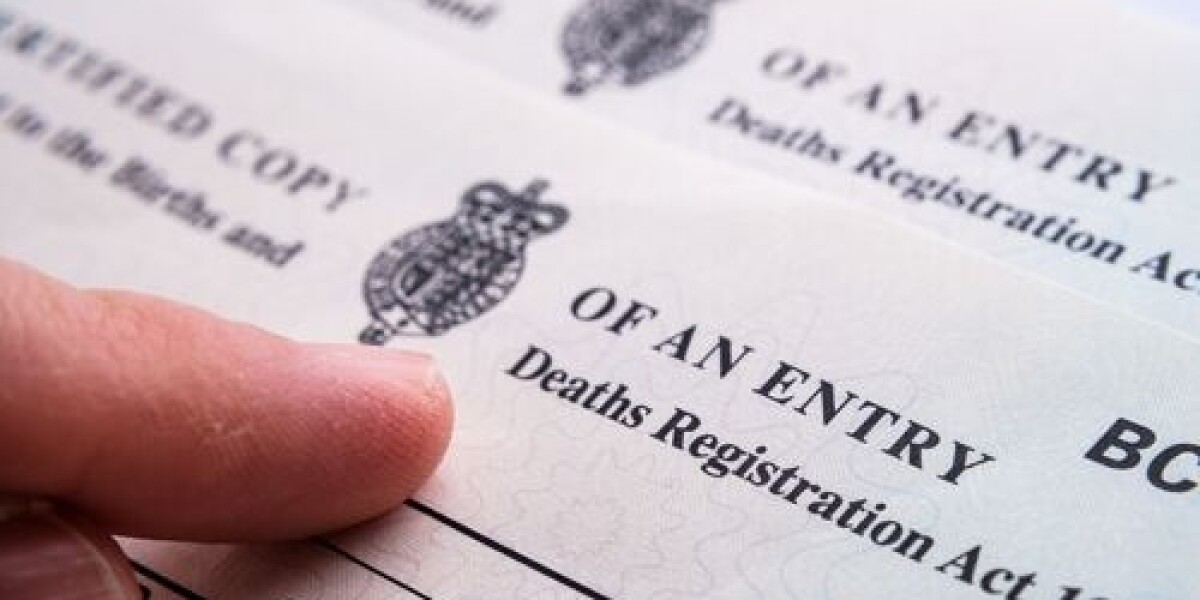
What do french authorities mean by a ‘recent’ birth certificate?
- Select a language for the TTS:
- UK English Female
- UK English Male
- US English Female
- US English Male
- Australian Female
- Australian Male
- Language selected: (auto detect) - EN
Play all audios:

FRENCH VERSIONS OF THE DOCUMENT ARE UPDATED WITH KEY LIFE EVENTS Reader Question: I have been asked multiple times to provide a ‘recent’ birth certificate in France. What does this mean? The
information has not changed from when I was born. This confusion arises because in France, important family documents (notably birth and marriage certificates) are updated from time to time
to include information about new events such as the birth of children, a marriage etc. So, authorities ask for a ‘recent’ version of the document to have access to the most accurate
information to help with the administrative task in question. Comparatively, birth certificates in other countries such as the UK and US are static, with no additional information being
added to them. CAREFULLY CHECK WHAT IS REQUIRED French authorities are now mostly aware of these differences, and in most cases if the document is originally not from France, you will
likely not need to provide a ‘recent’ version. This is the case for most applications with the exception of French national ID cards or passports (documents provided as part of the
application must be less than three months old), or certain pension services. When getting married or Pacsed (a civil partnership) in France, you may be asked to provide recent documents no
less than three or six months old. However for marriages, if the documents needed are provided from a country that does not issue updates to birth certificates, this is not required. Be
aware that authorities may want a ‘long form’ version of your birth certificate, which contains information about both you and your parents as opposed to solely yourself. Read more: What
are ‘long’ birth certificates French authorities ask for? French birth certificates also come in long (copie intégrale) and short (extrait) versions. If in doubt, providing a ‘long’ version
is best as this contains the maximum amount of information. AUTHORISED TRANSLATIONS Remember that in many cases when you are asked for an official document such as your birth certificate,
it must also be translated into French, though this should not be the case for social security formalities. Some documents are exempt from this, such as driving licences. In France, if you
do need an official translation, this must be done by a sworn translator (traducteur assermenté), attached to a court. You can find lists on this page. Alternatively, you can search online,
however, do make sure you confirm they are approved before paying them to translate the documents. Read more: Which documents require an official translator in France? Read more: Do Britons
have a right to a translator in a French court?
